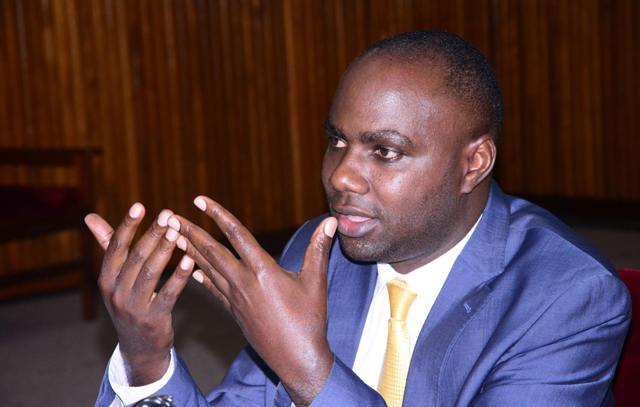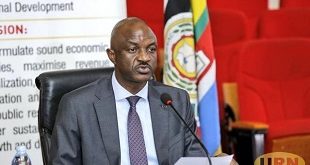
Kampala, Uganda | THE INDEPENDENT | The government spent a total of 2.854 billion Shillings on administrative costs to send COVID-19 relief cash to vulnerable Ugandans.
Henry Musasizi, the State Minister for Finance revealed the figures while appearing before a joint meeting of the Public Accounts and the Local Government Committees of Parliament which are reviewing a list of beneficiaries of the COVID-19 cash, which was tabled before parliament by Prime Minister Robinah Nabbanja last month.
Under the initiative, the government has been distributing 100,000 Shillings to selected people classified as vulnerable during the 42-day lockdown which ended on Friday. The beneficiaries were identified from groups of people that depend on daily earnings in Kampala, all cities, and municipalities.
The 501,107 targeted beneficiaries included bus or taxi drivers, conductors, baggage carriers, wheelbarrow pushers, touts, traffic guides, barmen, DJs, barmaids, waiters and bouncers, bar, gym and restaurant workers, boda boda riders, special hire drivers and Uber drivers, salons, massage parlour workers, teachers, and others.
Musasizi says that the Ministry of Finance had an approved COVID-19 emergency funding amounting to 53.5 billion Shillings for which they requested the Ministry of Gender, Labour and Social Development in a letter dated July 2, 2021, to formally submit a request and a work plan for the interventions to be undertaken.
Musasizi said that on the basis of the formal request by the Ministry of Gender, the treasury requested the Auditor General to allow supplementary expenditure for a number of votes which included limits of 53.5 billion Shillings to the Ministry of Gender and the warrants were submitted on Integrated Financial Management System (IFMS) on July 7, 2021.
Musasizi told MPs that out of this budget, a total of 2.854 billion Shillings was spent on administrative costs including mobile money transfer costs. A sum of 50.645 billion Shillings was transferred to the Ministry of Gender account in Post Bank to facilitate direct transfers to the beneficiaries.
Following his submission, Ojara Martin Mapenduzi, the Chairperson of the Local Government Accounts Committee tasked the Minister to avail them with a breakdown of the 2.854 billion administrative costs and whether this was cheaper than what the government spent on the distribution of food during the 2020 lockdown. The same was also raised by Fred Opolot, the Pingire County MP.
Mawokota North MP Hillary Kiyaga also questioned whether the mobile money companies charged the government using the normal rates or they provided a discount. He said that 2.8 billion seems to be a higher cost of the number of transactions.
Musasizi appealed to the Committee to give him more time. This request was accepted by the joint committee leadership which gave him until Wednesday to provide details of the administrative costs in writing.
Meanwhile, Medard Lubega Sseggona, the Chairperson of the Public Accounts Committee asked Musasizi to explain why the government opted for cash transfers as opposed to food relief and how the Ministry of Finance arrived at the figure of 53.5 billion Shillings for the beneficiaries.
Musasizi defended the government decision to provide cash instead of food relief saying that the experience with the food distribution exercise last year was not good since in some places there was under delivery, food stolen and that this was more expensive since the targeted beneficiaries for food were less.
He also said that the Ministry does not have more money to avail vulnerable people unless another supplementary budget is availed by parliament.
******
URN
 The Independent Uganda: You get the Truth we Pay the Price
The Independent Uganda: You get the Truth we Pay the Price



